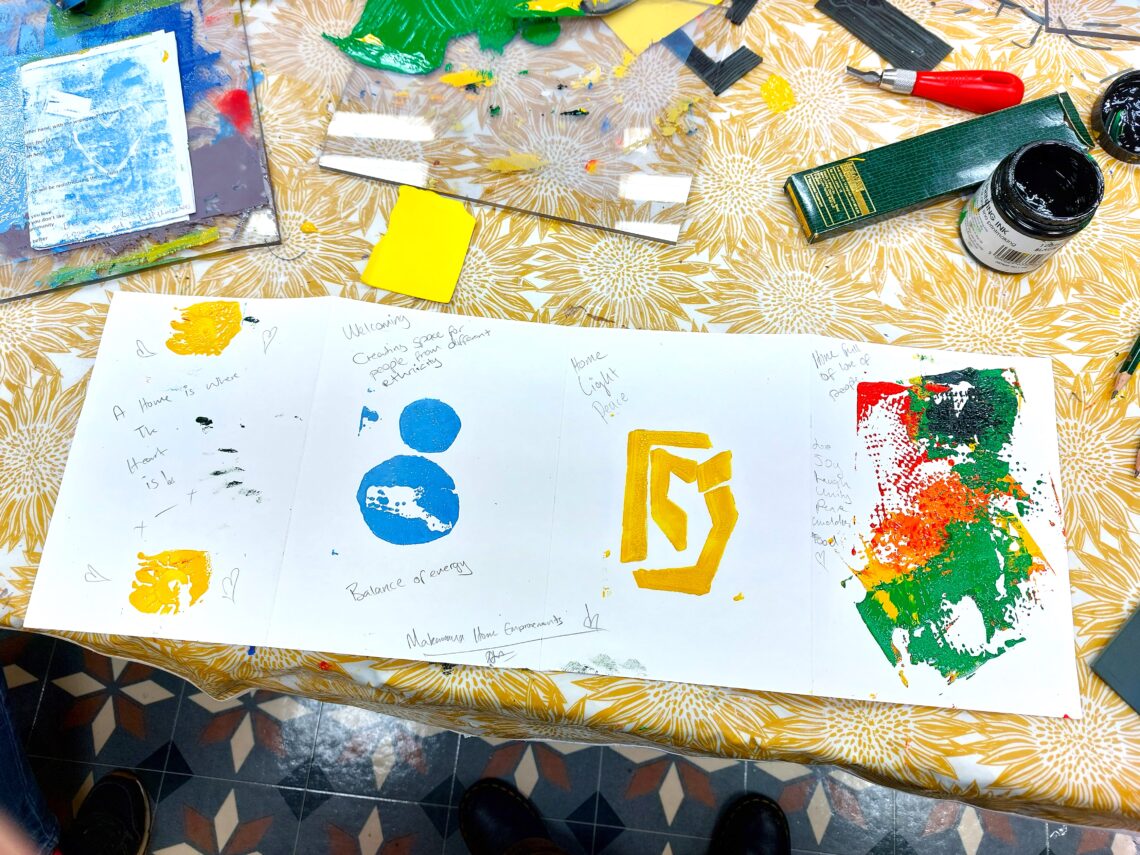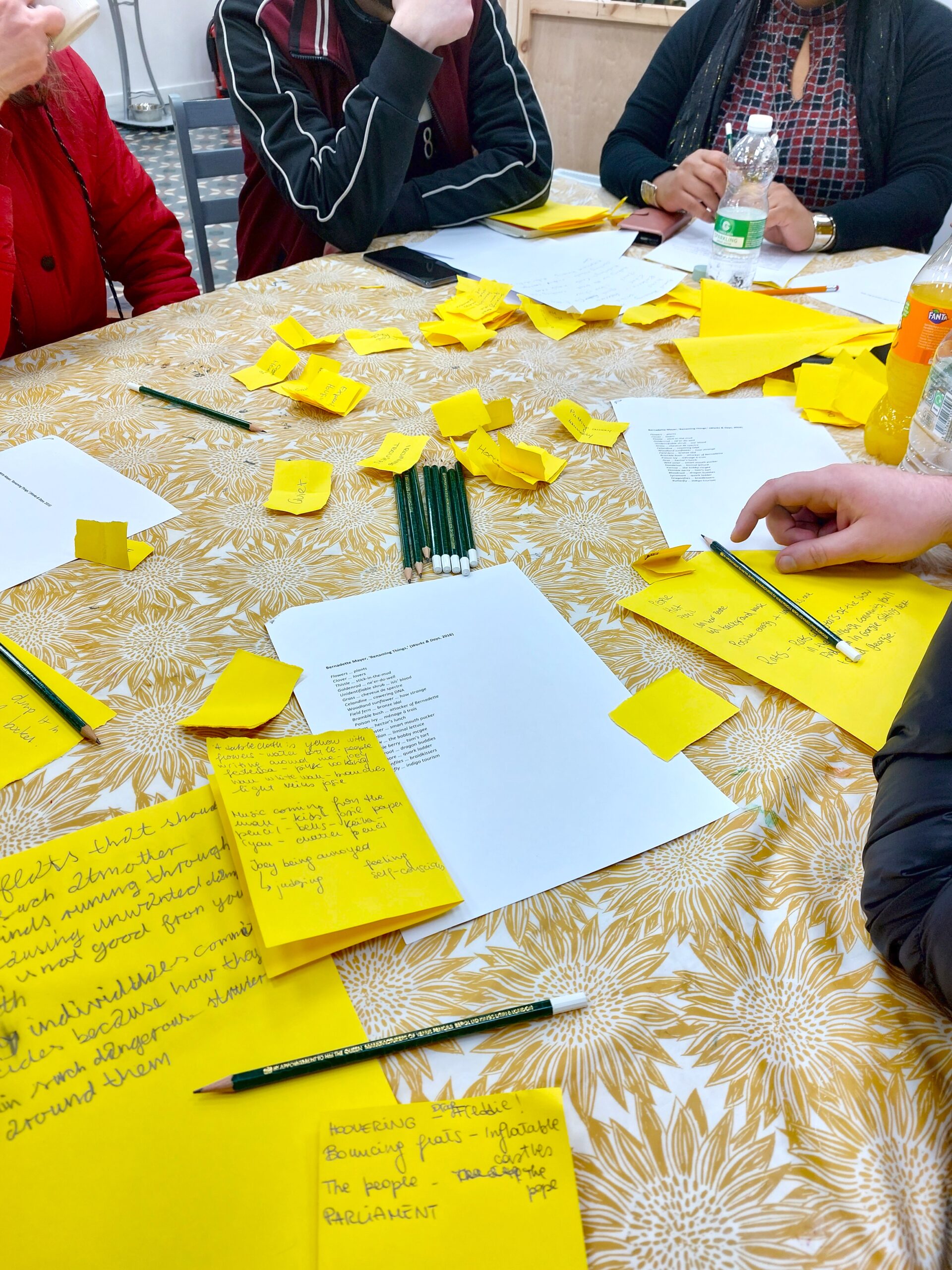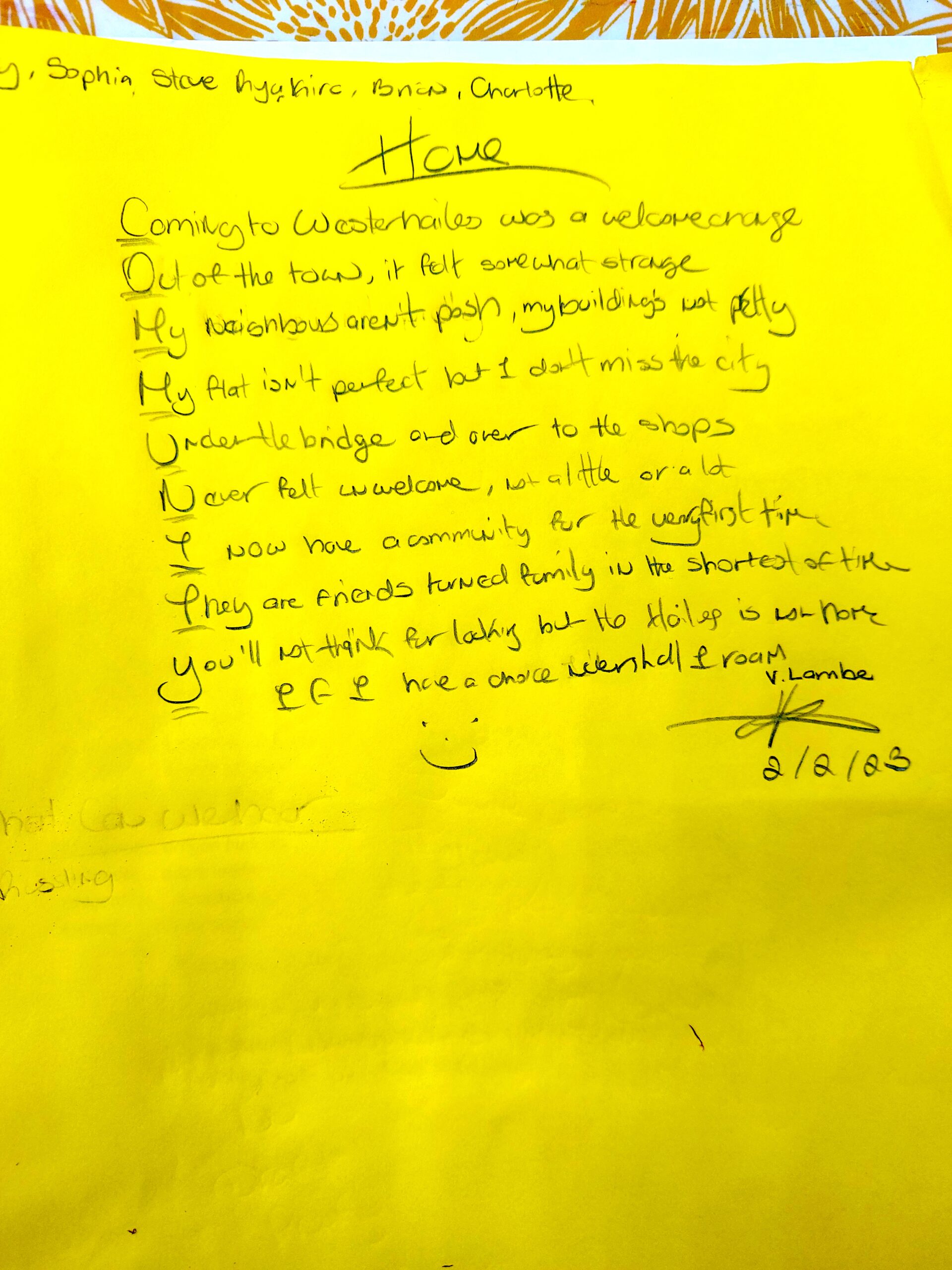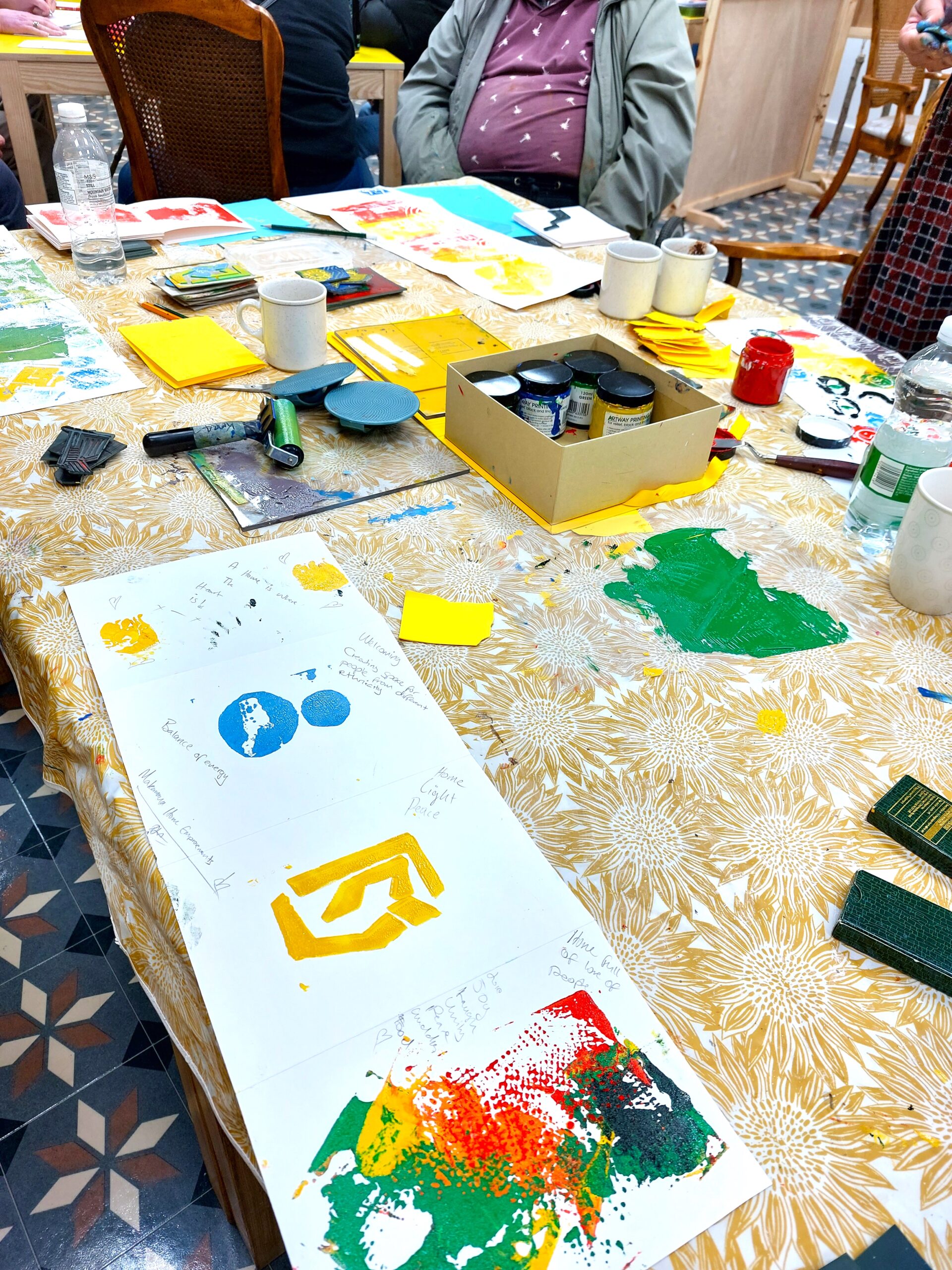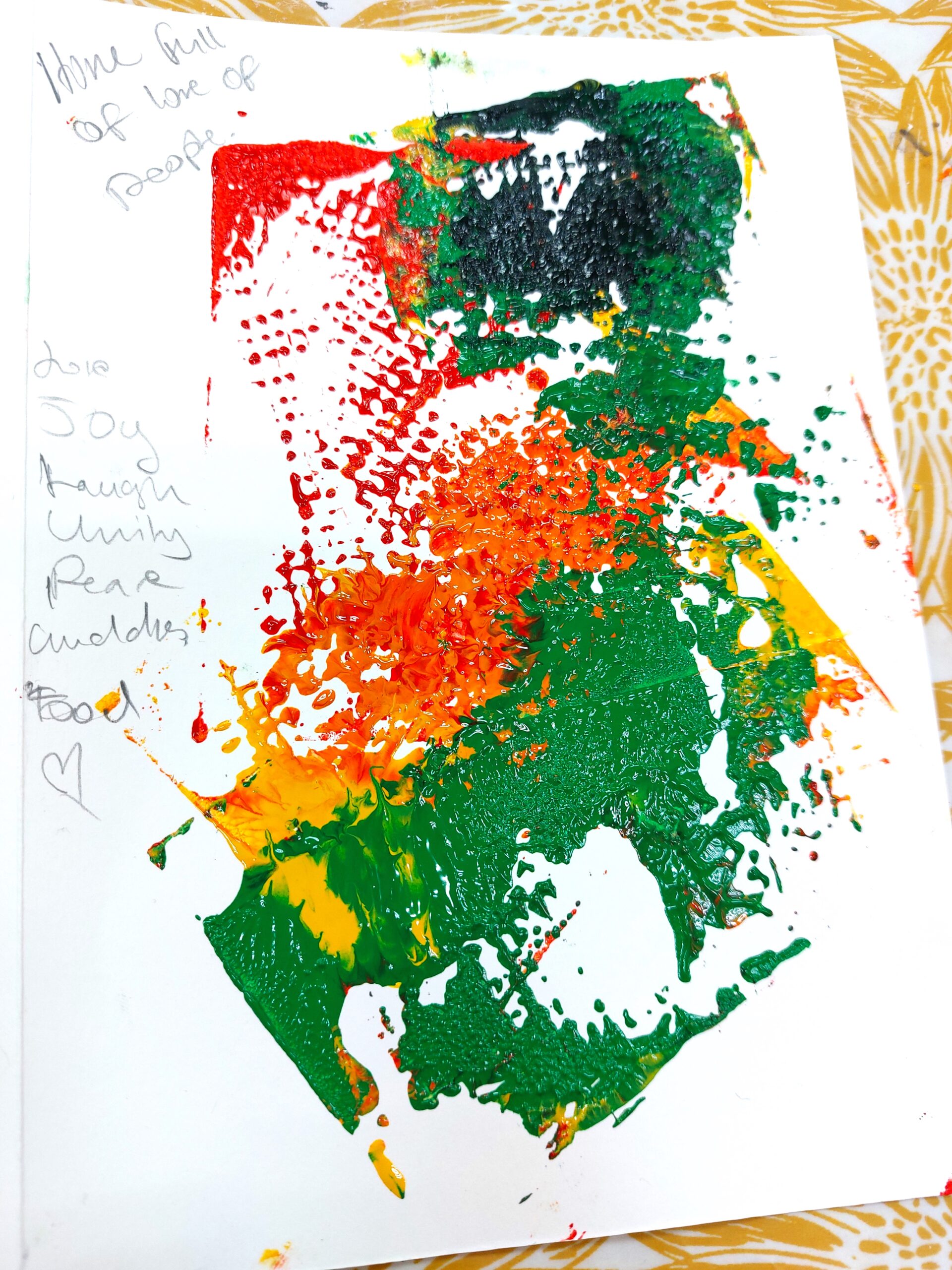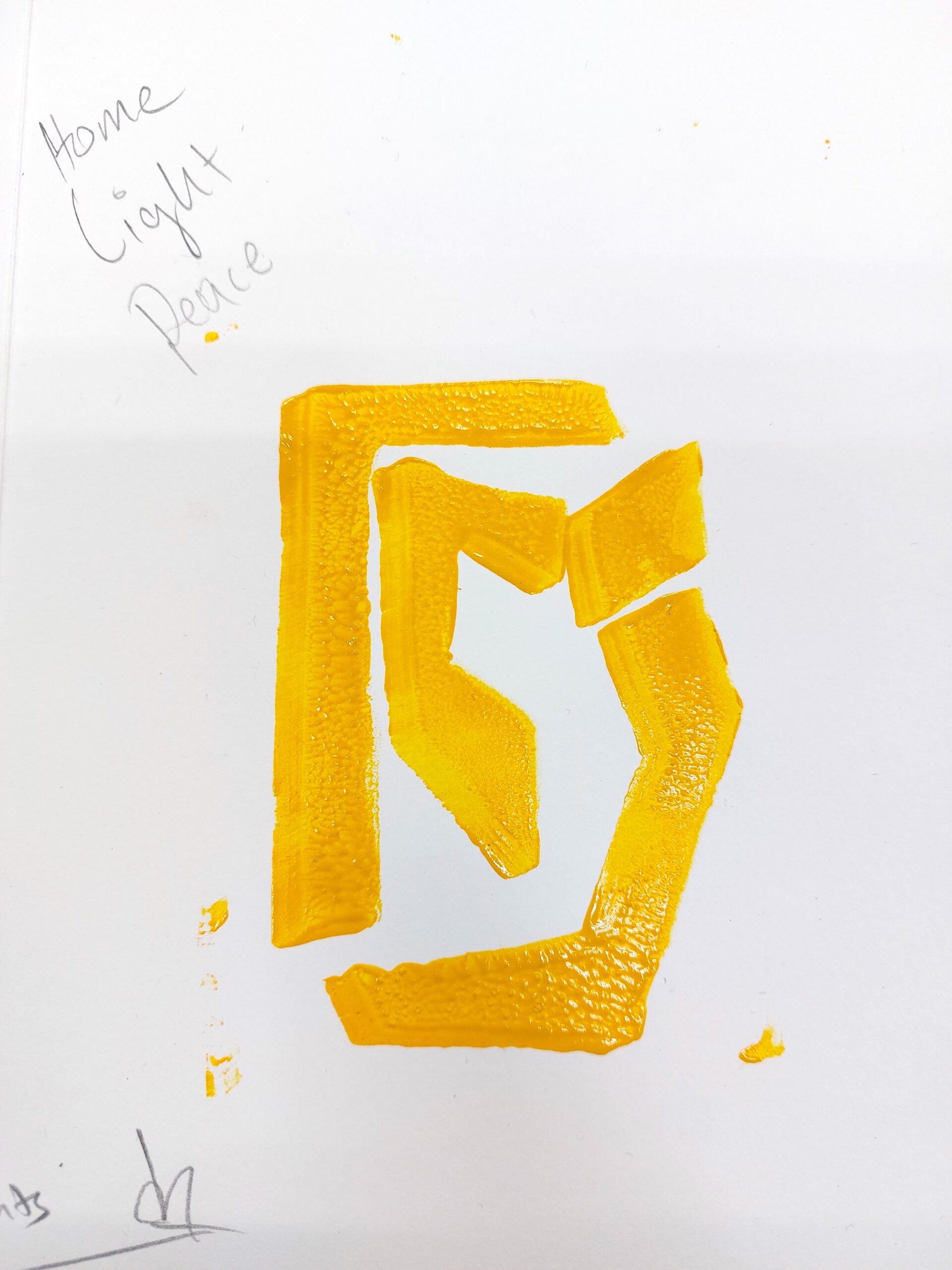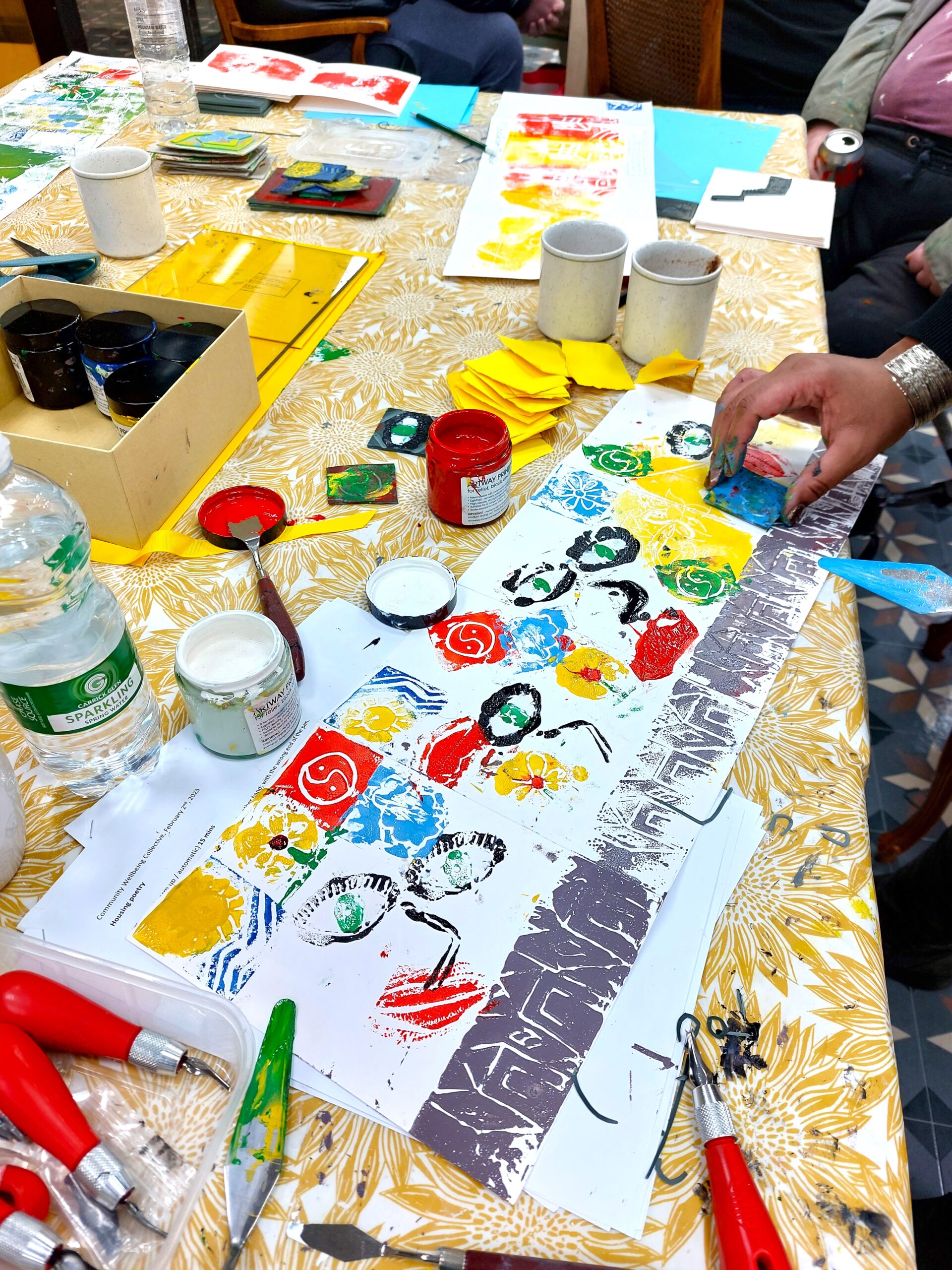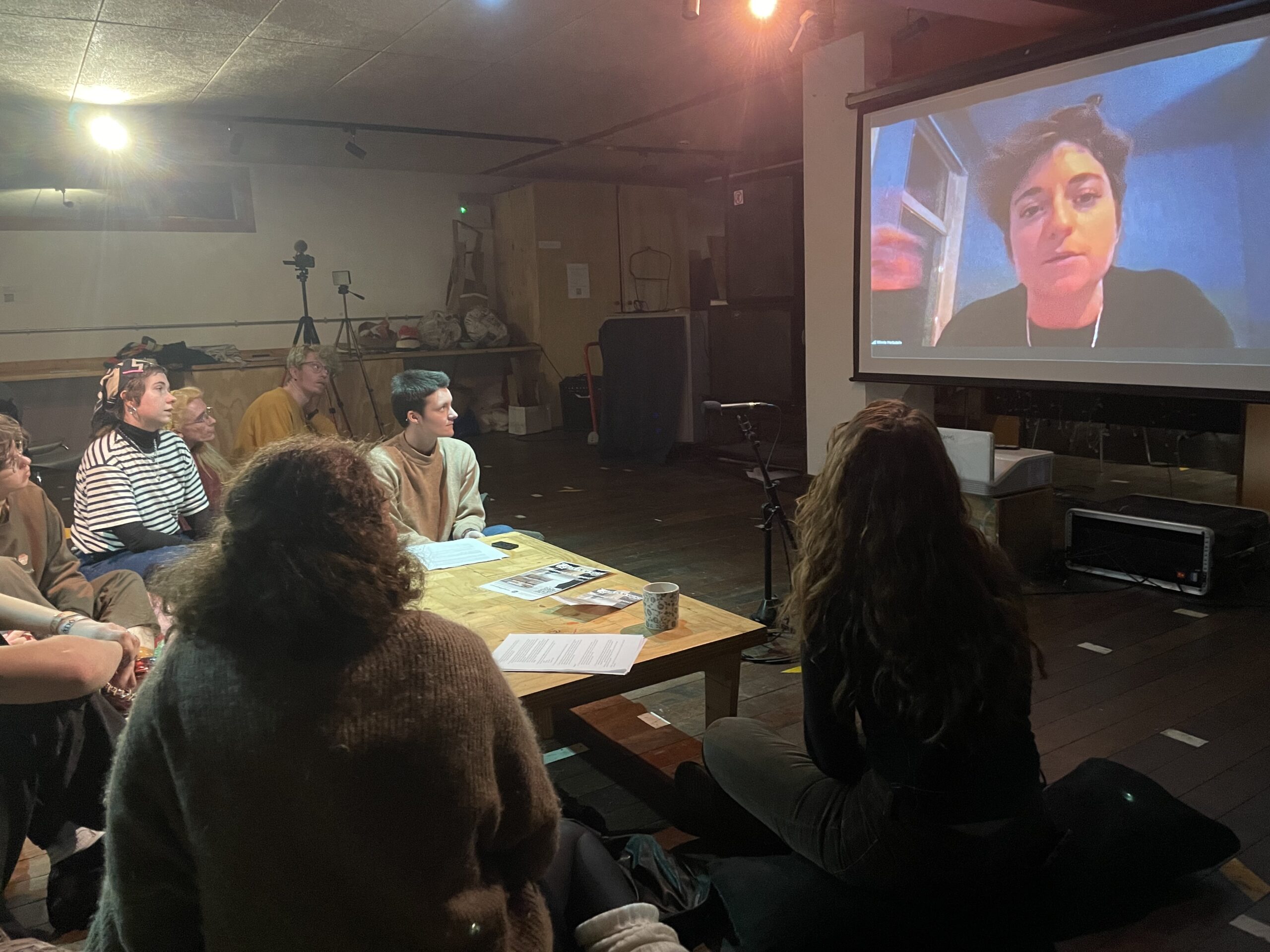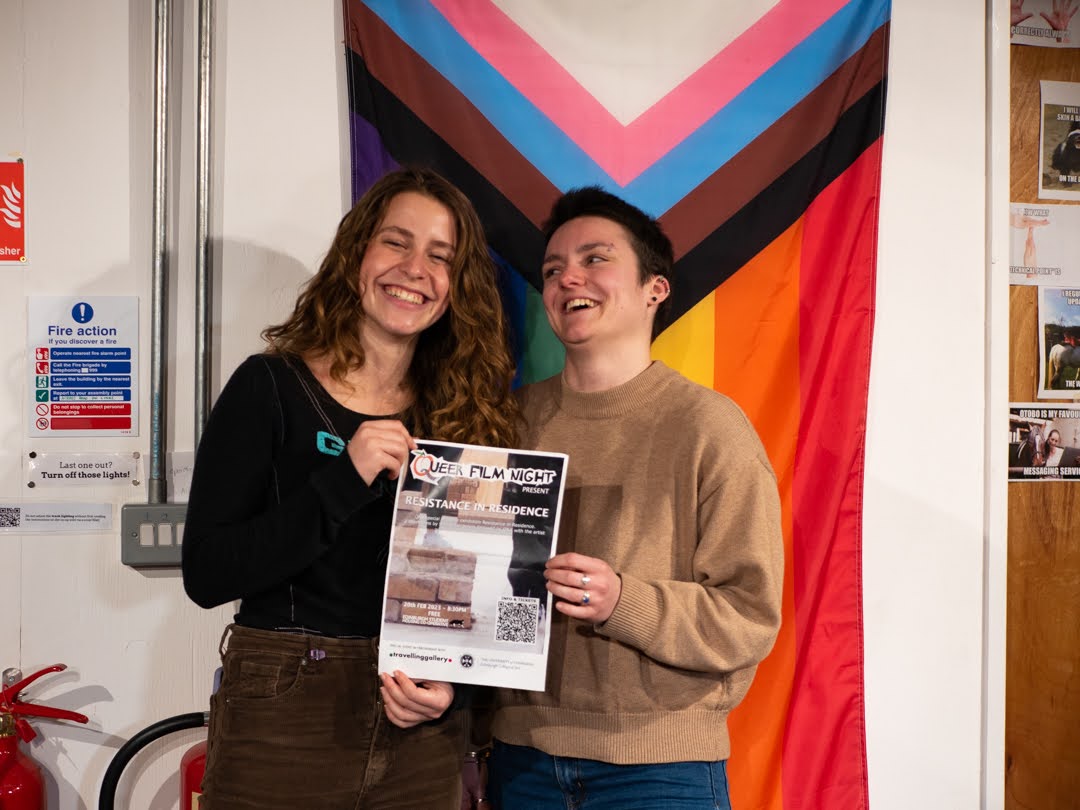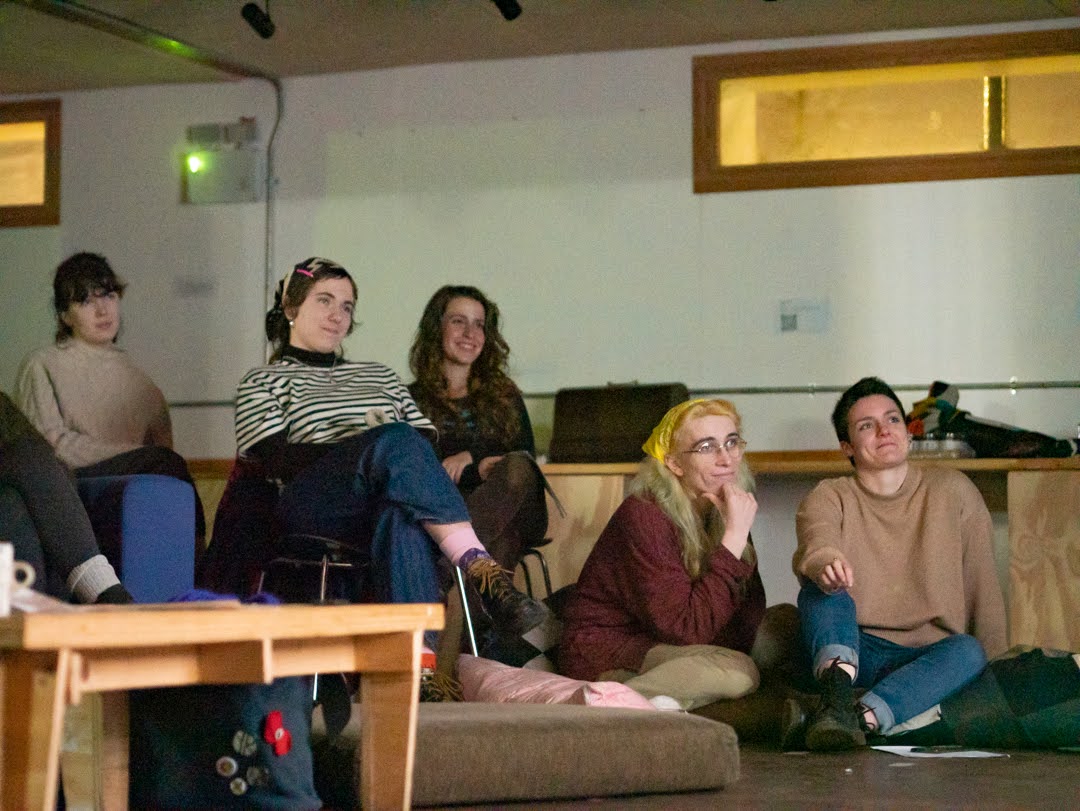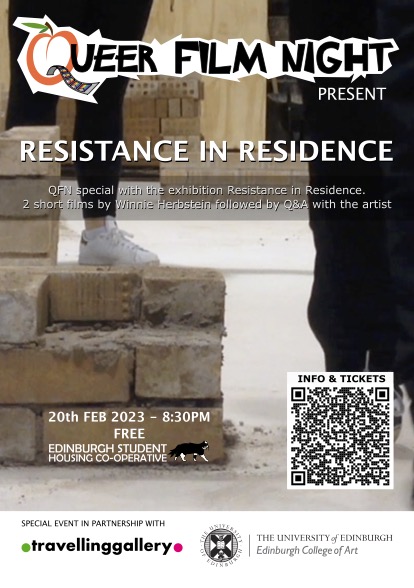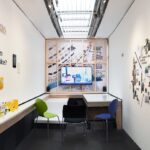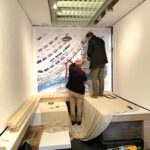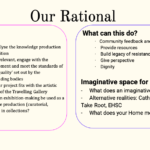I’ve taken the lead on our engagement programme organising two main events.
Firstly, prior to the exhibition and following Kirsten’s recommendations, I organised a workshop by Joey and Keira meant to gather some initial submissions for the Living Archive. I faced multiple logistical challenges as our initial location WHALE Arts did not respond in time. Therefore, I reached out to Community Wellbeing Collective (CWC).
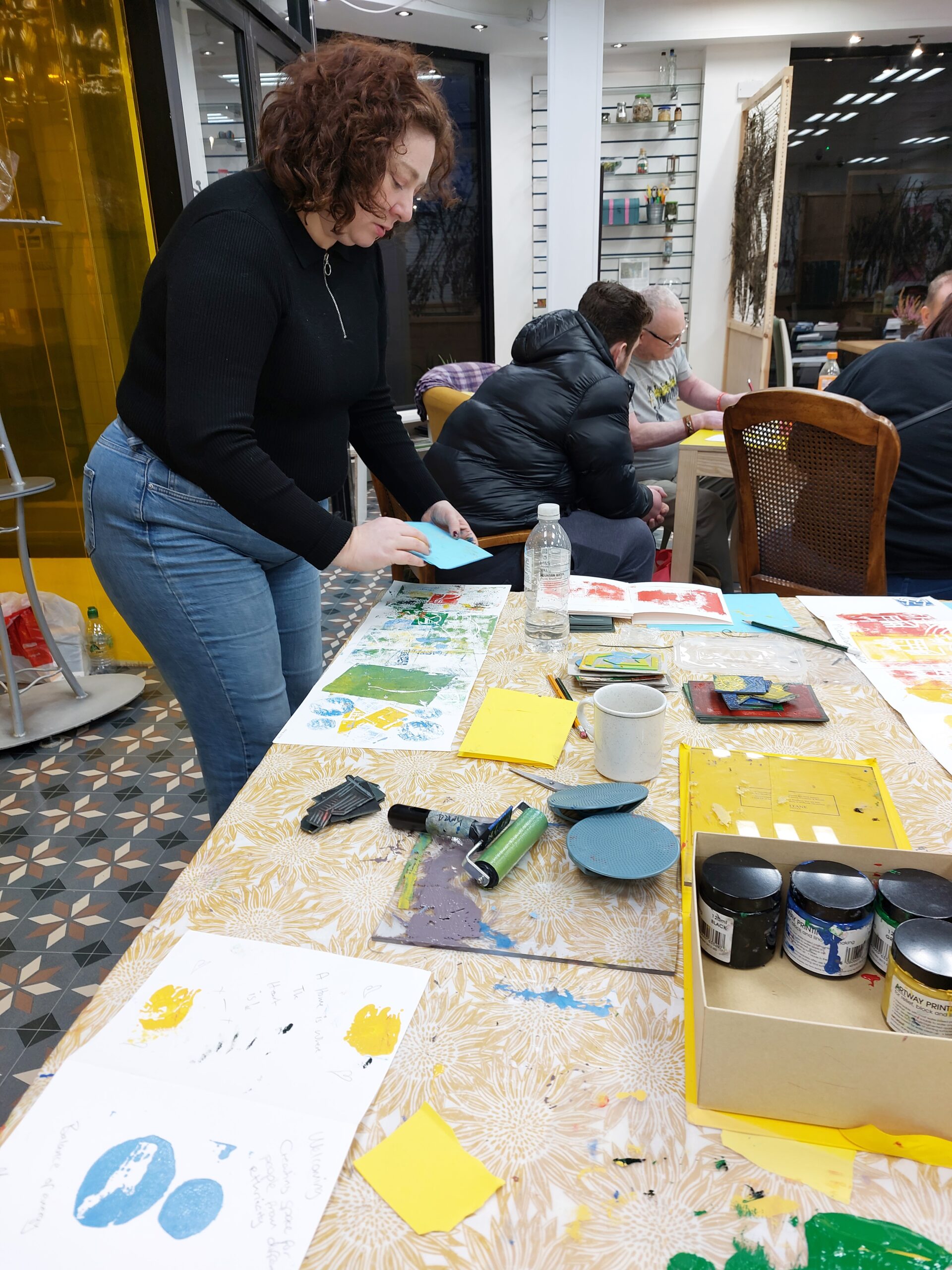
CWC offered a valid alternative as its members are accustomed to engaging in creative practices to reflect on political issues such as housing. Moreover, its diverse membership will allow us to include in the exhibition a variety of responses and experiences.
However, I was aware that CWC usually doesn’t allow external practitioners to come into the space for one-off events to avoid ‘helicoptering’ participatory art practices. It was important to me, then, to ensure this was an exchange that benefitted both parties. Looking at the workshop, we identified as core benefits for CWC Joey and Keira’s creative skills and the possibility to challenge mainstream representations of Wester Hailes by showcasing in an exhibition CWC members’ perspectives about their own housing experiences.
The workshop was well attended, it followed the activities included in the workbook created by Joey and Keira and sparked meaningful conversations and beautiful creative productions imagining together dream homes and better housing structures.
While we put aside the idea of hosting Winnie’s workshop Sweat Equity: a role-play about collective labour; the second event I organised was a screening of Winnie’s Minutes (2019) and Studwork (2018). These two movies were not shown within TG as we felt they may make the projection too long and disengaging for the audience. Only Dampbuster (2021) was shown within TG as it best captured our interest in multiple temporalities exploring housing struggles.
I reached out to Queer Film Night (QFN) an Edinburgh collective that organises queer film screenings to challenge the erasure of LGBTQIA+ history. They immediately loved the idea of screening Winnie’s work especially as it explored the stories of Take Root. The themes felt relevant to QFN as the women’s self-built housing group’s shutdown was influenced by homophobic media coverage and their housing project defied heteronormative and patriarchal standards of nuclear family structures. We would have also liked to screen A House that Jill Built- an original film shot by Take Root reflecting on their experience- but it wasn’t possible.
The screening- held at Edinburgh Student Housing Cooperative (ESHC)- was a success with a great turnout and an amazing discussion afterwards. This event allowed us to learn more about Winnie’s work as well as consider the implications of screening her work within a non-institutionalised setting. The space was conducive to discussions about dynamics in activist groups, gendered labour and burn-out: key themes in Winnie’s work but enriched by the audience’s lived experience of activism and self-building housing.
